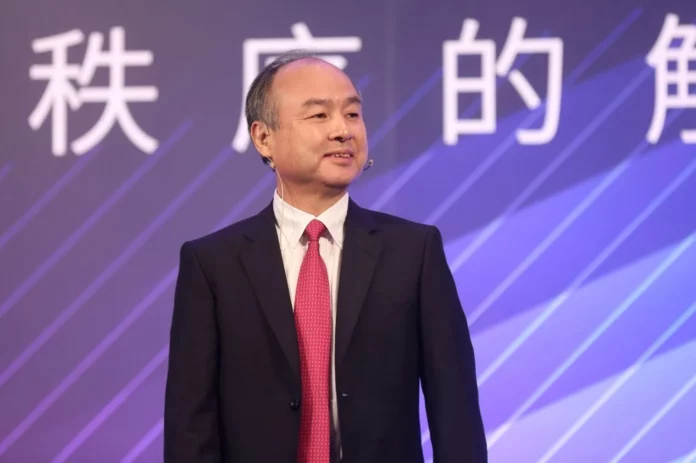This may be SoftBank‘s new trick to make ungodly amounts of money disappear: the Japanese investment company will pay $3 billion a year to get companies in its portfolio to experiment with artificial intelligence agents.
On Monday, SoftBank and OpenAI announced a joint venture to develop and market a new product called Cristal Intelligence, which will be based on OpenAI’s latest reasoning models to create AI agents that will perform tasks without human intervention.
In a press release, SoftBank said that it plans to automate more than 100 million workflows in its companies, which may include creating financial reports, preparing documents, and managing customer requests.
“By automating and autonomizing all of its tasks and workflows, SoftBank Corp. will transform its business and services and create new value,” the company said.
OpenAI has already launched a preview version of its agent tool, Operator, for its top-tier subscribers, who pay $200 per month and now have the privilege of not having to press a button to schedule their own haircut.
The new Cristal Intelligence system will create similar agents, but they will be trained on corporate customer data and will be adapted to their systems and needs, SoftBank said. At least initially, it will be sold exclusively to “large companies in Japan.”
SoftBank, led by Chairman Masayoshi Son, has built a strong reputation in the tech venture capital space with early investments in companies such as Uber, DoorDash, and Alibaba. But in recent years, its bets have been markedly less successful, especially when it comes to transforming the nature of work. For example, it lost billions on WeWork and invested $375 million in the now-defunct Zume, which promised to automate and disrupt the pizza-making process.
The Cristal Intelligence partnership deepens its financial involvement in OpenAI. SoftBank is reportedly in talks to invest $25 billion directly in the company and has already announced a collaboration called Stargate, another joint venture that includes OpenAI, which plans to spend $500 billion over the next four years to build out AI infrastructure, such as data centers.
The company’s big money bets come amid hype about the potential of AI agents, and as the breakthrough of China’s DeepSeek has raised questions about whether cheaper and more efficient AI developers will undermine the capabilities of OpenAI, which is losing money on its most expensive subscription plan due to the cost of launching the technology.









